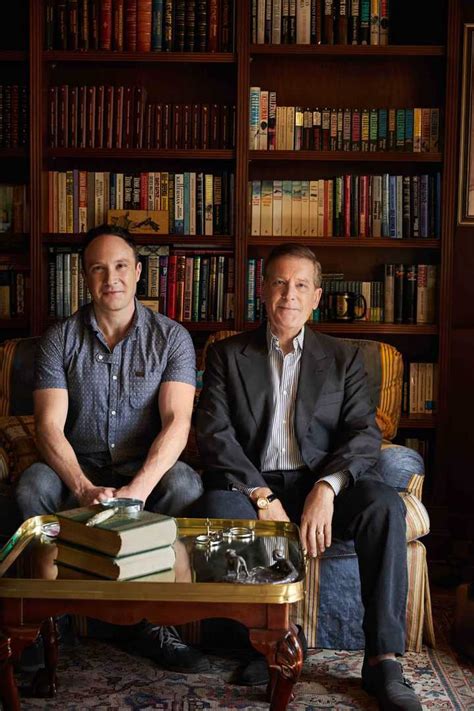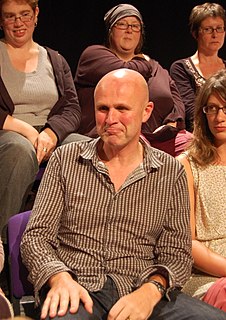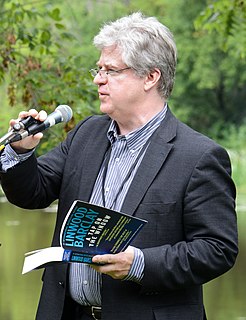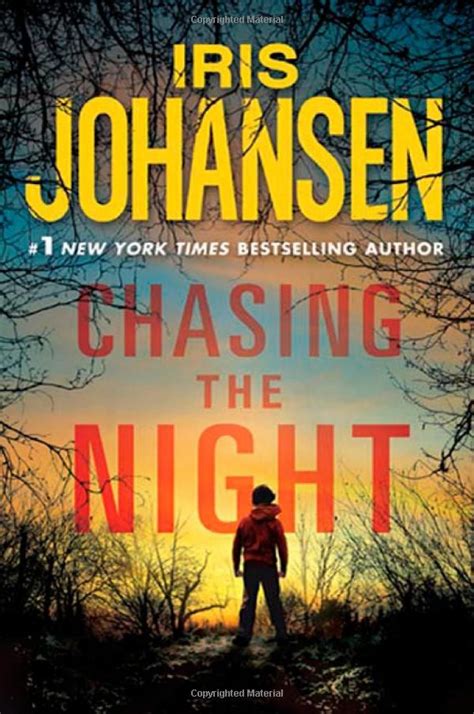A Quote by Jesse Kellerman
Crime novels have a clear beginning, middle, and end: a mystery, its investigation, and its resolution. The reader expects events to play out logically and efficiently, and these expectations force the writer to spend a good deal of time working on macrostructure rather than prettifying individual sentences.
Related Quotes
There was a time when the average reader read a novel simply for the moral he could get out of it, and however na?ve that may have been, it was a good deal less na?ve than some of the limited objectives he has now. Today novels are considered to be entirely concerned with the social or economic or psychological forces that they will by necessity exhibit, or with those details of daily life that are for the good novelist only means to some deeper end.
I do think some games are works of art, although their medium is visual rather than verbal. Both games and novels allow the reader/player to become a protagonist in the theater of the imagination. Both build worlds. In my opinion, the big difference between game and novel is in narrative structure. Communal role-playing games are open-plan without an end. A novel - at least the kind I write - has a closed structure with a beginning, a middle, and an end. I like that closed structure, and I feel I can say more with it.
I read a lot of detective stories because they always deliver. They give you a beginning, a middle, and an end - a resolution. The modern novels I read don't always deliver because I'm looking essentially for a story. As in Shakespeare, "The play's the thing." In particular I read detective stories for pacing, plot and suspense.
I spend a lot of time working and with my family, so I don't have much time around the edges to do much else. I don't really listen to a great deal of music. I love music, but since I spend a lot of time in the studio, we probably watch a movie rather than listen to albums. I get to hear stuff, but not on the grand scale.
It is easier for the reader to judge, by a thousand times, than for the writer to invent. The writer must summon his Idea out of nowhere, and his characters out of nothing, and catch words as they fly, and nail them to the page. The reader has something to go by and somewhere to start from, given to him freely and with great generosity by the writer. And still the reader feels free to find fault.






































